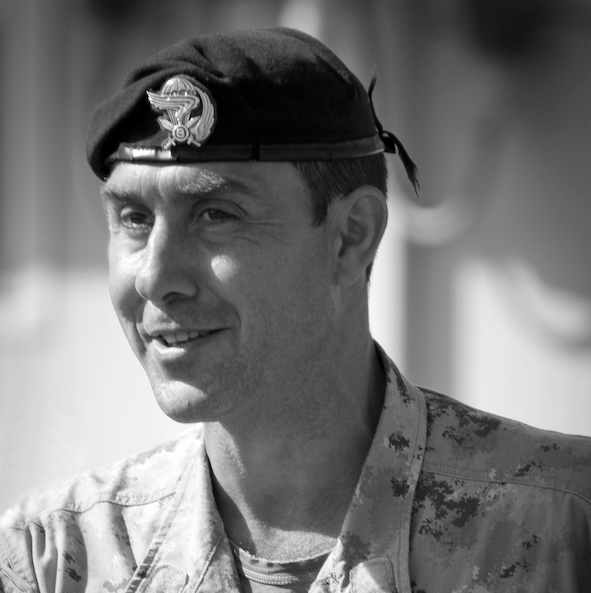Seldom has a campaign of denunciation backfired so badly. Anyone outside of Europe reading in mid-August about Gen. Roberto Vannacci’s self-published essay, Il Mondo al Contrario (roughly, “The Upside-Down World”), would have taken him for a pitiable bigot unhealthily obsessed with homosexuality. Recognizing that, in our day, Italian women’s volleyball has been transformed by the 6-foot-4-inch spiking prodigy Paola Egonu, born to Nigerian parents in the grappa-producing environs of Venice, Vannacci nonetheless wrote, “for 8,000 years, Italians have been identified by white skin. If you see a dark-skinned person on the street, you don’t assume he’s an Italian.” He insisted that homosexuals aren’t “normal” in the way that heterosexuals are, and this in an age of gay marriage. Everyone had a good laugh at Vannacci. The Roman daily Il Foglio called his book “a homophobic pamphlet.” In Paris, Le Monde condemned its “racist remarks.” The Swiss paper Neue Zürcher Zeitung described the tumult around the “homophobe general.”
But soon after the book’s Aug. 10 publication date, it began creeping up the Amazon.it bestseller list, and then made it to the very top. By the end of the month, it had stood at No. 1 for two weeks. Much of progressive Italy had been mourning the Sardinian Michela Murgia, a heterodox Catholic (and orthodox progressive) who had written the sardonically titled 2018 bestseller Istruzioni per diventare fascisti (published in English as How To Be a Fascist). Murgia was often criticized for applying the adjective fascist to anyone she disagreed with, but in the days after her death in August, her newest book was a top-seller. Then it was lapped by the sort of person she deplored.
Vannacci didn’t exactly fit the stereotypes his detractors wanted to apply to him, though. The former commander of La Folgore (“Thunderbolt”), Italy’s elite paratroop unit, he was a veteran of Iraq and Afghanistan, an excellent English speaker, and a natural interlocutor with Anglophone neoconservatives. After serving in Baghdad and Kabul, he had spoken out for Italian soldiers who had fallen ill after working with weaponry containing depleted uranium. He’s smart. Recently, he has directed Italy’s Military Geographic Institute.
And yet something felt subversive about an Italian military man publishing controversial opinions on sensitive political subjects—the more so since a former aide, retired Lt. Col. Fabio Filomeni, had in January published his own bestseller, Morire per la Nato? (“To Die for NATO?”), a book critical of the US-led Western alliance. Vannacci, once Italy’s military attaché in Moscow, himself had positive things to say about Russia’s migration policy and the safety of its public parks. When Filomeni proposed to set up a popular movement named after Vannacci’s book, certain Italians, including a foreign-policy adviser to late Prime Minister Silvio Berlusconi, warned that this was an effort to “divide” Italians, behind which the “hand of Putin” could readily be seen.
